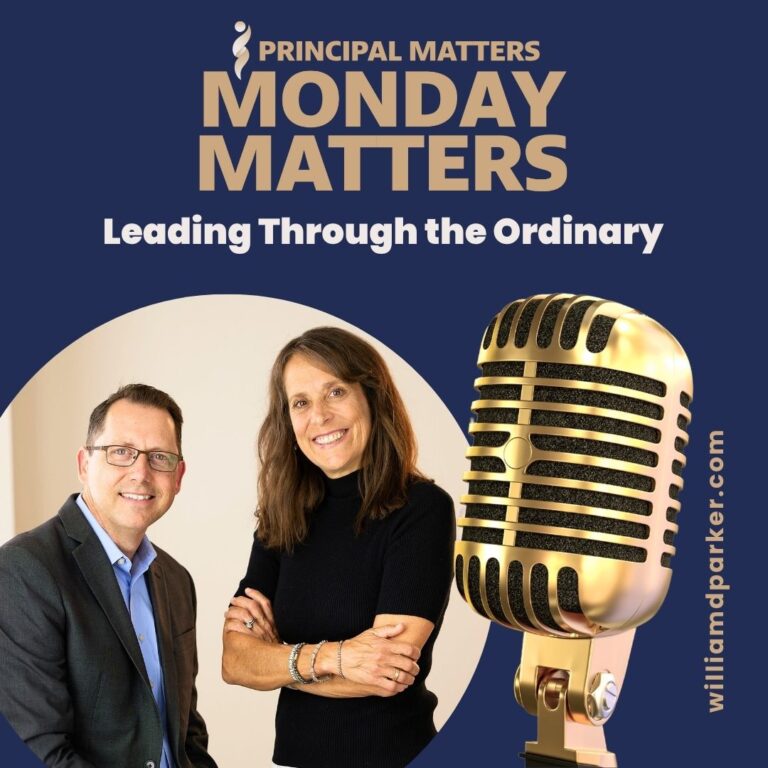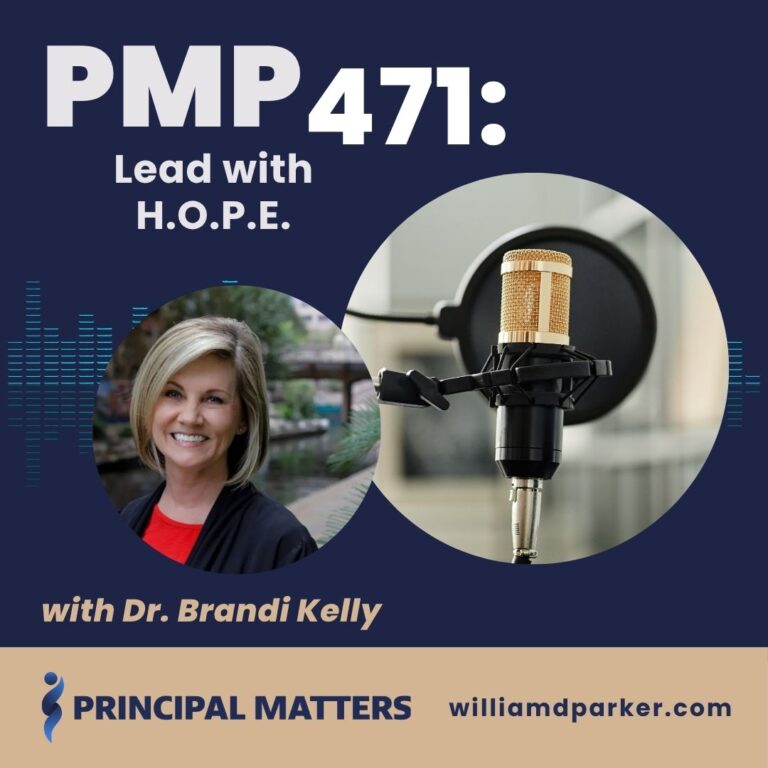Lately, a lot of controversy has arisen over the implementation of Common Core standards in public schools.
A recent op-ed by George Will, and a resolution by the Oklahoma Republican Party calling for the end of Common Core demonstrate what a thorny political issue it has become.
At the same time, as I read the arguments against Common Core, it seems like many of those speaking out are failing to grasp the real challenges public schools are facing.
Where I Agree
First of all, I will concede that a one-size-fits-all government remedy to any problem is a bad solution. But lawmakers are making a mistake in characterizing Common Core as the problem at hand. Common Core is simply a set of academic standards.
Context for Common Core
As an educator, I am familiar with the road public schools have traveled to begin the transition to Common Core. And it has been a long one.
Robert Haveman, Professor Emeritus of Economics and Public Affairs at University of Wisconsin-Madisonand and Timothy Smeeding, Professor of Public Policy at Syracuse University, propose in The Role of Higher Education in Social Mobility that 55% of students entering community colleges in our country are taking remediation courses in English and mathematics (remediation courses count for no credit) their first year.
Research from the National Center for Education Statistics indicates the number of entry-year students taking remediation courses at 28%.
Even with the discrepancies in research numbers, the need for better prepared high school graduates has been obvious for a long time.
Defining Common Core
In 2010, states governors began discussing how they could best identify what academic standards are in line with college-prep standards.
Common Core became the term by which these standards are referred. They are content academic expectations for students that require high levels of critical thinking and problem solving.
At the high school level, these are the same standards that the College Board assesses through the ACT exam as well as standards students encounter through Advanced Placement courses and exams.
At face value, Common Core standards are more rigorous and demanding than what some of our schools have required of students in the past. But they are not inherently evil.
So, What Is The Problem?
This is where lawmakers have missed the point. In Oklahoma and other states, introducing Common Core standards has not been the problem. The problem has been with burdensome state-mandated assessments and unpredictable quantitative components of teacher evaluations.
For instance, many states have turned testing into a debacle.
Oklahoma, for instance, entered a $16 million dollar contract with testing company CTB/McGraw-Hill.
In CTB’s first year of service to schools, students across the state found themselves sitting for ten or twenty minutes waiting for the online tests to un-freeze so that they could go to their next question. Many tests were simply deemed invalidated.
The confusion was aggravated further when the Oklahoma State Department of Education decided to raise cut scores on Biology tests AFTER the tests had been administered. Thousands of students failed to score proficient and were required to re-test.
Furthermore, the state announced that for future testing, instead of relying on vetted assessments, it would begin creating its own standardized tests, and schools were left scratching their heads about how to prepare students for unpredictable cut-score changes or tests that had yet to be created.
Equally frustrating has been the move by our state to tie student test scores to teacher evaluations. Imagine the difficulty in predicting your job performance when the state assessment process is subject to the constant change of politic winds.
So, What Is the Solution?
Many people are making the uninformed assumption that these challenges are the result of Common Core standards. But they are missing the point.
It is the not the standards that need to be axed; rather, our state’s education leadership needs to take a step back and simplify, not complicate state-mandated testing and teacher evaluation processes.
In high schools, for instance, instead of using seven different end-of-instruction exams for high school, we could use one. We could require college-bound students to take the ACT exam or SAT. For students tending toward technical careers, an alternate test would be the industry recognized Work Keys assessment.
For teacher evaluations, allow schools to move forward with qualitative assessments of teachers, but stop trying to mandate quantitative measurements of every teacher tied to their student scores. The unpredictable process is driving more teachers out of the field and creating teacher shortages throughout the state.
Political Footballs Don’t Help Students
Turning Common Core into a political football is the proverbial equivalent of throwing the baby out with the bath water. It is counterproductive and simply distracts from the bigger issues at hand.
Oklahoma teachers, as well as teachers across the nation, have spent the past few years transitioning their curriculum to match the rigorous standards found in Common Core. Removing the standards will not only negatively affect teacher morale but also negatively affect students.
Instead of proposing we do away with Common Core standards, lawmakers must address the bigger challenges at hand, such as simplifying the state-mandated testing process for students, easing burdens on teacher evaluations, adequately funding education while providing teachers with more than a living wage, and promoting comprehensive approaches to learning that help every student be successful.
Conclusion
It is time for lawmakers across the nation to take a deep breath before plunging schools off another policy-change cliff. If they move forward with fear-based, ill-informed solutions concerning Common Core, students will be the ones who ultimately suffer the consequences.
Now It’s Your Turn:
I certainly do not have all the answers. What are some your ideas, thoughts or suggestions on sensible ways we should be responding to the challenges ahead?
Subscribe For Free Updates
Want to read more insights on school leadership? Subscribe to receive my weekly posts from WilliamDParker.com? Visit here for information on how you can sign up and receive weekly posts!




